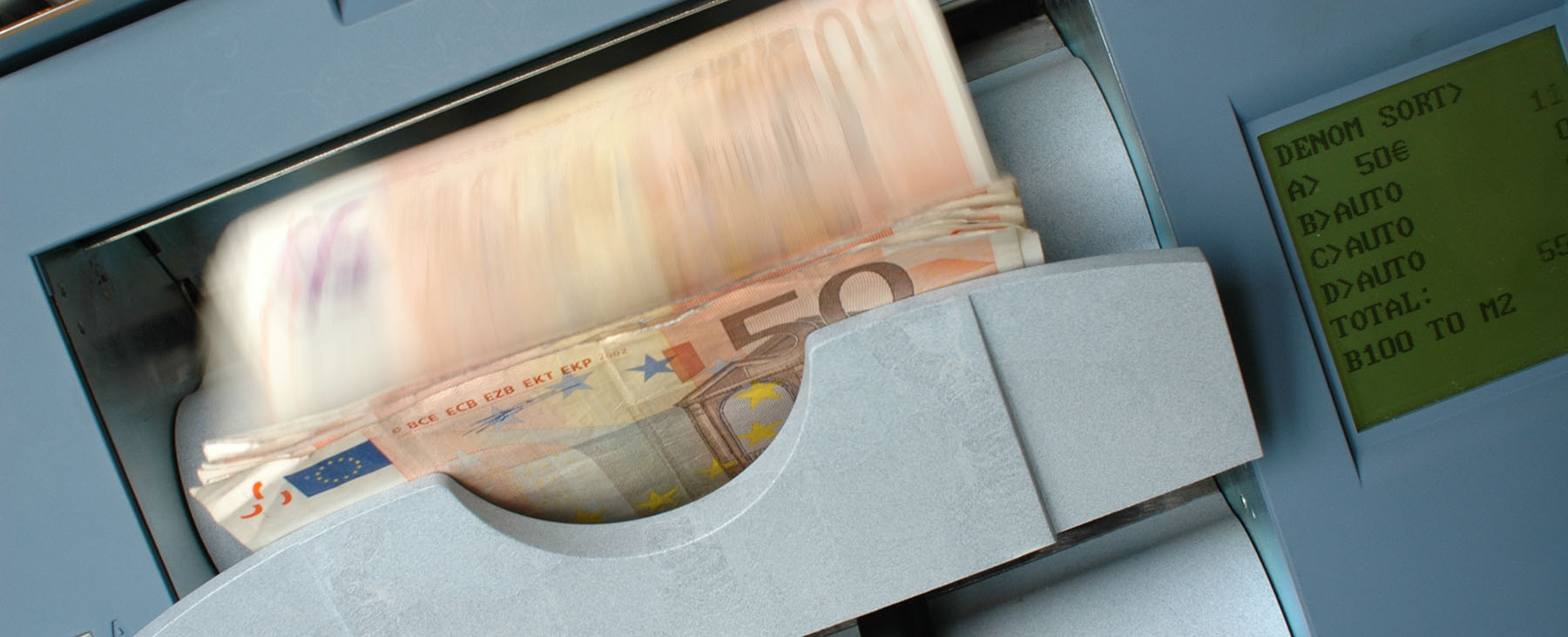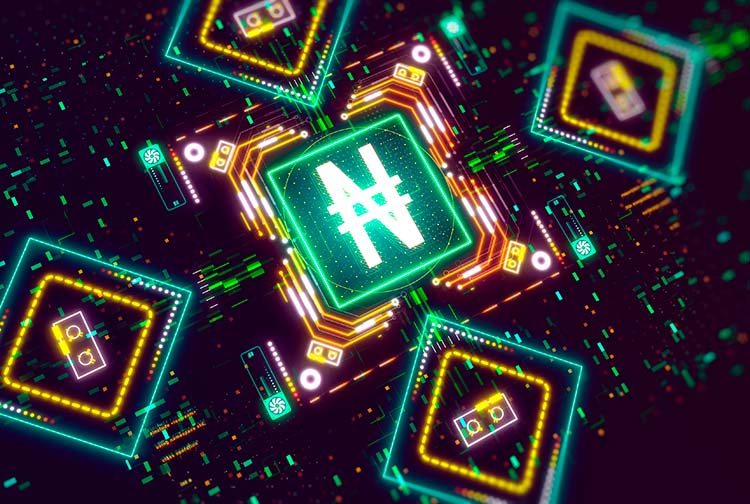

CBDC: monetary utopia or dystopia?
Whatever the future of money, it seems that digital currencies issued by central banks are not getting off the ground. All pilot projects to implement CBDC have either failed or stalled. Governments argue that they are a tool to make our lives easier, while failing to mention that they also increase their ability to track, control and punish citizens.
Blockchain technology has revolutionised the way people interact with money and financial systems. With the advent of cryptocurrencies, new decentralised monetary systems have been created that are not controlled by any government or financial entity. Despite their volatility, the popularity of digital currencies such as bitcoin poses a threat to the traditional financial system, a paradigm shift that shakes the privileged position of governments when it comes to exercising control over citizens through finance.
Against this backdrop, central banks around the world have begun to explore the possibility of issuing central bank-issued digital currencies, known as CBDCs (Central Bank Digital Currency). These currencies would be issued and regulated by a country’s central bank, and their value would be linked to the country’s currency, or in other words, based on trust in the issuing government.
These are similar to stablecoins, a type of cryptocurrency linked to the value of a fiat currency, such as the US dollar. This means that their value does not fluctuate as much as other cryptocurrencies, which makes them more attractive for use in digital payments. But unlike CBDCs, stablecoins are decentralised, i.e. they are not digital currencies issued, regulated and controlled by the central banks of each country.
In defence of CBDCs
Digital currencies issued by central banks could significantly improve the efficiency and security of financial transactions. Transactions with CBDCs would be instantaneous and could reduce payment processing costs for businesses and consumers, which currently belong to the near-universal duopoly of Visa and Mastercard. Moreover, it is no secret that control of these multinationals by the US government poses a threat to the sovereignty of any country not aligned with the geopolitical and economic interests of the American giant.
On the other hand, CBDCs could help reduce the shadow economy, as they would be harder to hide than cash and less anonymous than cryptocurrencies. In particular, full traceability of financial transactions would facilitate the establishment of control mechanisms, which would reduce the risk of fraud.
In addition, they would foster financial inclusion, facilitating easy and secure access to money for unbanked and underbanked populations. Moreover, they could be an alternative to cash in extreme situations, such as disasters where there is no access to cash and when traditional means of payment, such as POS, do not work.
A solution to a non-existent problem?
One might think that, in practical terms, digital central bank currencies have been around for years, because, in fact, most countries already have digital versions of their currency that citizens use daily in banking and commerce. So what are the motivations behind the rush by central banks to implement a new digital currency model of their own?
As we move towards the full implementation of digital money, the freedom to do what we want with our money, anonymously or without state control, is increasingly limited. In this context, cryptocurrencies offer an alternative to the status quo, democratising the creation of currency while diluting the traditional banking monopoly.
This is obviously not to everyone’s liking, especially that of states and financial institutions. Christine Lagarde, president of the European Central Bank, made it clear that she does not like to see a new period of “free banking” thanks to cryptocurrencies, and that CBDCs are necessary to maintain the role of central banks.
An easily controllable monetary system
And this is precisely where the criticism of CBDCs is concentrated, it removes the privacy that we now have with physical money and cryptocurrencies. With the implementation of their digital currencies, governments will have unprecedented control over our money, knowing exactly how we spend it and with the ability to stop payments or confiscate it.
It would be a fully programmable monetary system, so it can also stop payments to certain areas or groups of people. As an example, see how the Canadian government acted in response to the trucker protests during the “freedom convoy”, by blocking the running accounts of more than 200 protest supporters.
Also, by limiting their validity period, providing an incentive for consumption, rather than being limited by a zero interest rate threshold, governments could impose negative rates on digital accounts to control economic growth. The possibilities are endless, especially if they ensure that there is no alternative.
11Onze is the community fintech of Catalonia. Open an account by downloading the super app El Canut for Android or iOS and join the revolution!
Leave a Reply
You must be logged in to post a comment.





Gràcies
Gràcies, Joan!!!
Molt bon article. La gràcia de la tecnologia blockchain és la descentralització de les transaccions monetàries. Si els governs pretenen emprar-la per fer justament el contrari, aleshores és previsible que les criptomonedes guanyin protagonisme en alguns àmbits de l’economia, per exemple en el digital.
Molt probablement serà així mateix… Moltes gràcies pel teu comentari, Josep!!!
👍
Gràcies, Manel!!!
Vaja, no m’imaginaris mai que hi hagués la possibilitat de fer monedes digitals programables
Sempre s’inventen coses noves… Moltes gràcies pel teu comentari, Jordi!!!